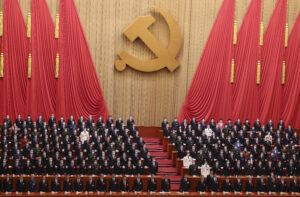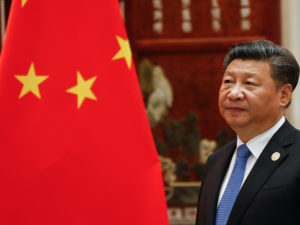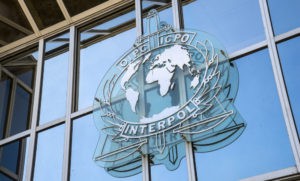

January 2024, Volume 35, Issue 1
The Global Resistance to LGBTIQ Rights
Autocrats have found a new way to turn citizens against liberal democracy: convincing them that LGBTIQ rights, granted and protected in much of the West, pose a threat to their nation and its values.










